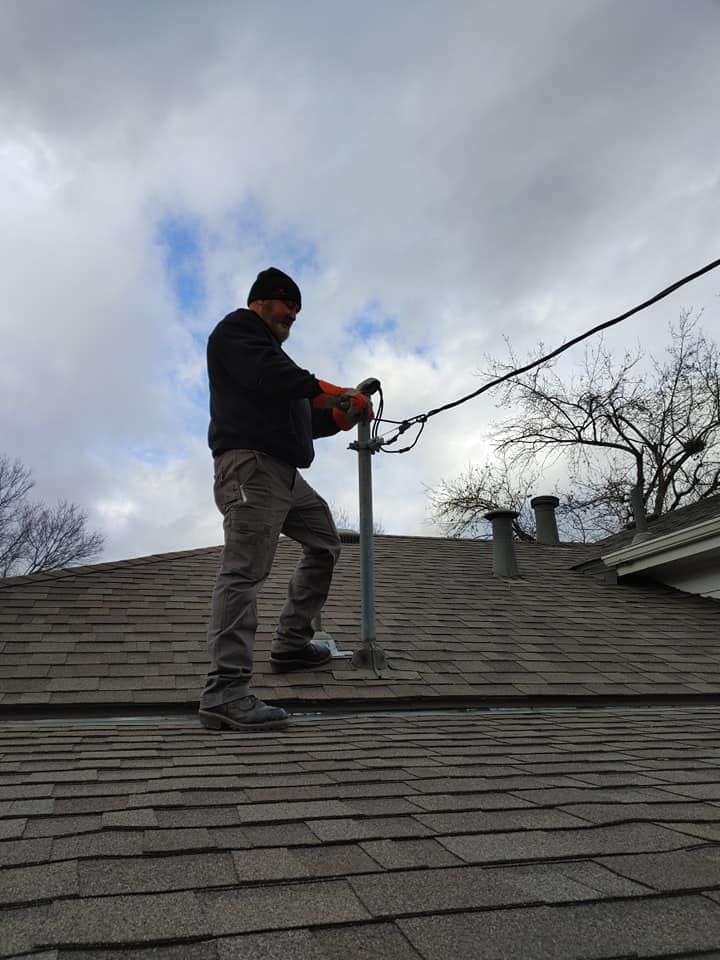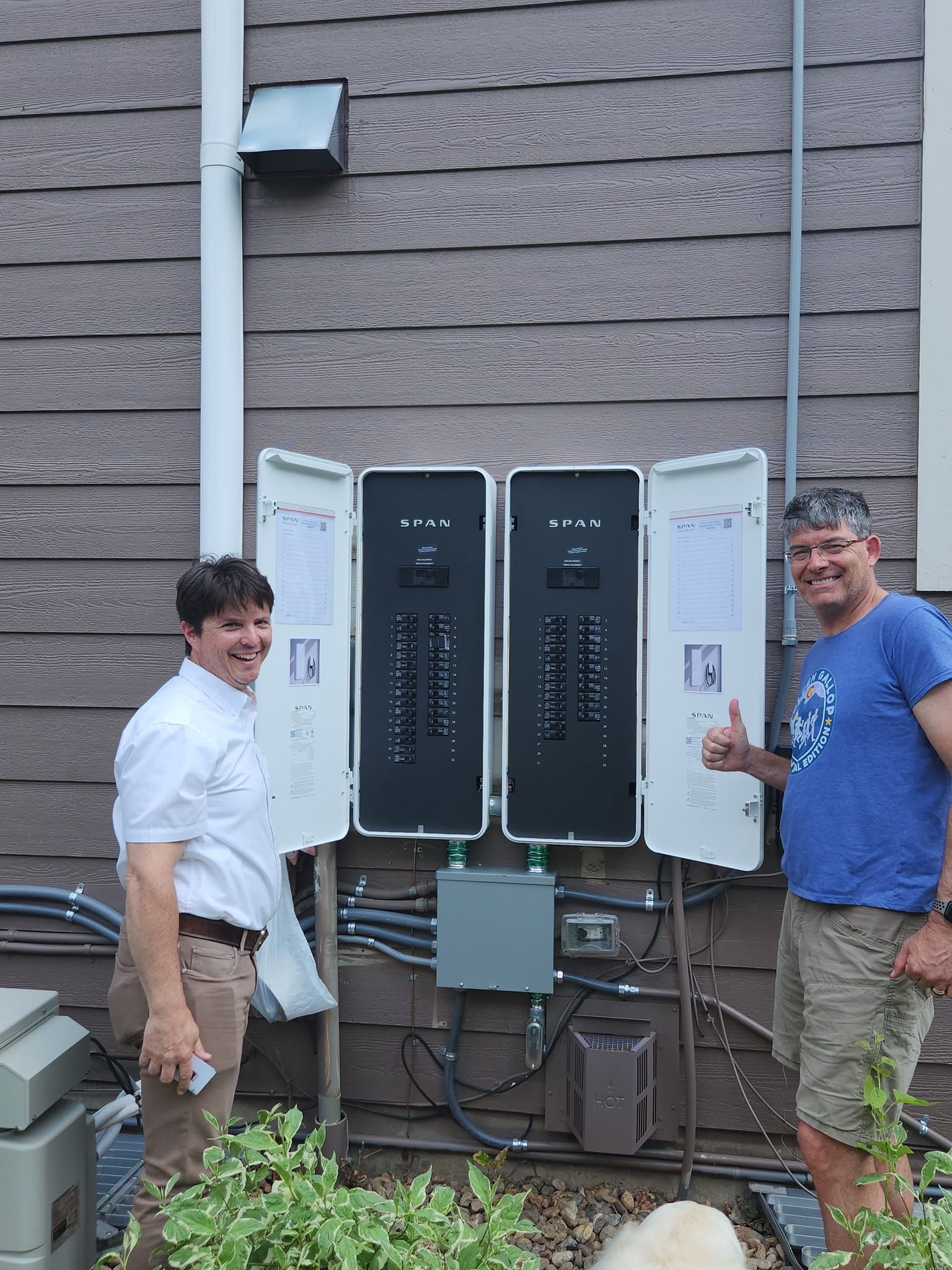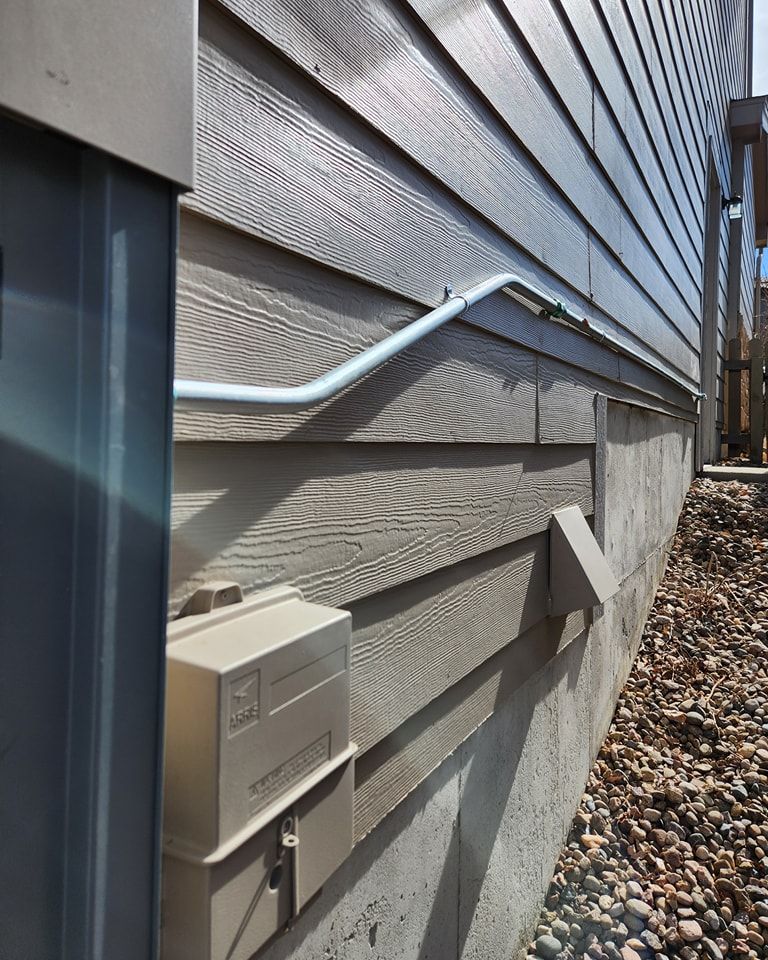EV Charger Maintenance
The Essential Guide to Maintaining Commercial Electric Vehicle Charging Stations
In the rapidly evolving landscape of electric vehicles (EVs), the infrastructure that supports these green machines is becoming increasingly crucial. Commercial electric vehicle charging stations are at the heart of this infrastructure, providing the essential service of powering up the growing fleet of electric cars that grace our roads. However, as with any piece of technology, these stations require regular maintenance to ensure their reliability, efficiency, and safety. In this blog post, we’ll dive into why maintenance service for commercial EV charging stations isn’t just a recommendation—it’s a necessity.
Ensuring Reliability for Users
One of the primary reasons to invest in regular maintenance for commercial EV charging stations is to ensure reliability. Users depend on these stations to be in working order whenever they need them. A charging station that is frequently out of service not only inconveniences users but can also deter them from returning in the future. Regular maintenance checks can identify and rectify issues before they lead to downtime, ensuring that your charging station remains a reliable point of power for all users.
Maintaining High Efficiency and Performance
Over time, wear and tear on charging stations can lead to decreased efficiency and performance. Connections may become less reliable, or the speed of charging may decrease. This not only affects the user experience but can also lead to higher operational costs due to increased electricity usage for the same amount of charge. Regular maintenance services can keep the hardware in optimal condition, ensuring that each charge is delivered as efficiently as possible.
Safety First
Safety is paramount when it comes to electrical equipment, and EV charging stations are no exception. Faulty wiring, damaged components, or software glitches can pose serious safety risks, including electrical fires or electrocution. Regular maintenance checks help to identify and fix any potential safety hazards, ensuring that the charging station is safe for users and the surrounding area. This is crucial in maintaining trust in EV technology and promoting its adoption.
Software Updates and Upgrades
The operation of commercial EV charging stations is largely governed by software that manages everything from billing to monitoring the health of the station. Over time, software updates and upgrades are released to improve functionality, add new features, or address security vulnerabilities. Regular maintenance includes updating the software to ensure that the charging station operates smoothly and securely, providing the best possible service to its users.
Protecting Your Investment
Commercial EV charging stations represent a significant investment. Regular maintenance not only extends the life of this investment but also ensures it remains a valuable asset. By keeping the charging station in top condition, you can avoid the costly replacements or significant repairs that may arise from neglect. Moreover, well-maintained charging stations can handle a higher volume of users, leading to increased revenue and a better return on your investment.
Compliance and Warranty
Lastly, regular maintenance ensures compliance with local regulations and standards, which can vary widely depending on your location. Failure to comply can result in fines or even the forced shutdown of your charging station. Furthermore, many manufacturers require regular maintenance as a condition of their warranty. Skipping maintenance checks can void these warranties, leaving you financially responsible for any repairs or replacements needed.
Conclusion
The transition to electric vehicles is an exciting evolution in our approach to transportation, offering a cleaner, more sustainable alternative to fossil fuel-driven cars. Commercial EV charging stations are a vital component of this transition, but their success and reliability heavily depend on regular maintenance. By investing in maintenance services, station operators can ensure safety, efficiency, reliability, and user satisfaction, all while protecting their investment and supporting the broader adoption of electric vehicles. Remember, a well-maintained charging station is more than just a piece of infrastructure; it’s a beacon of the electric future.









